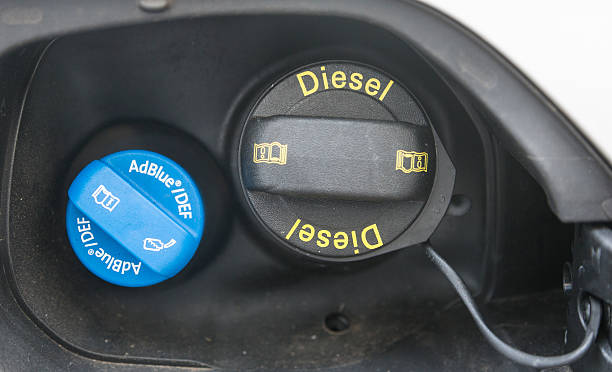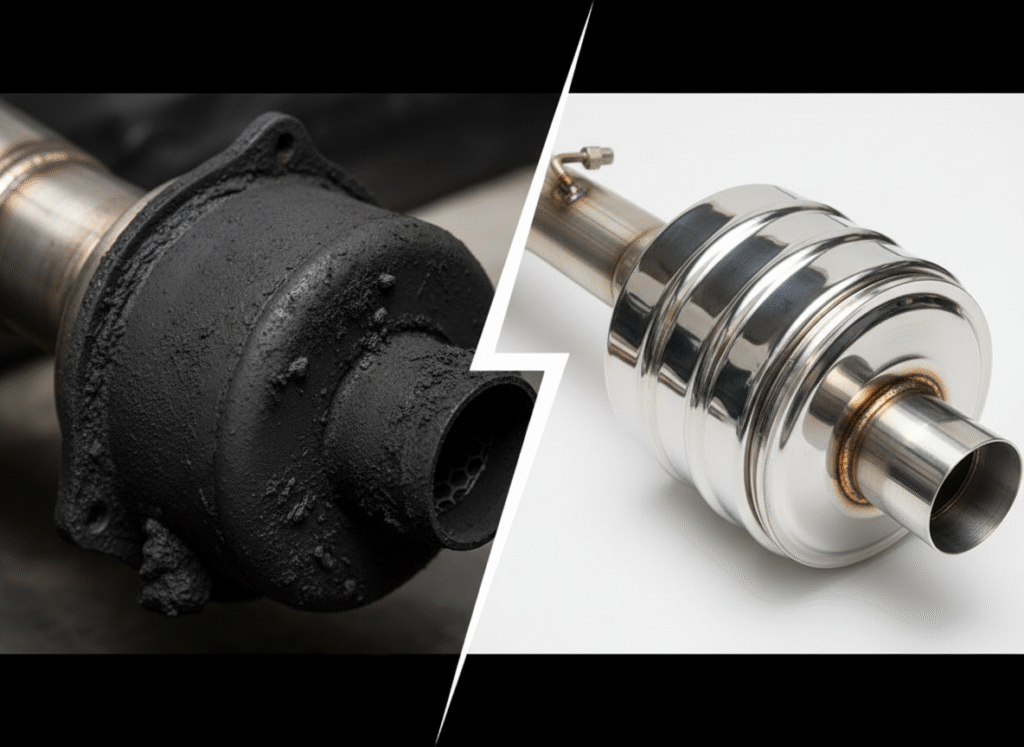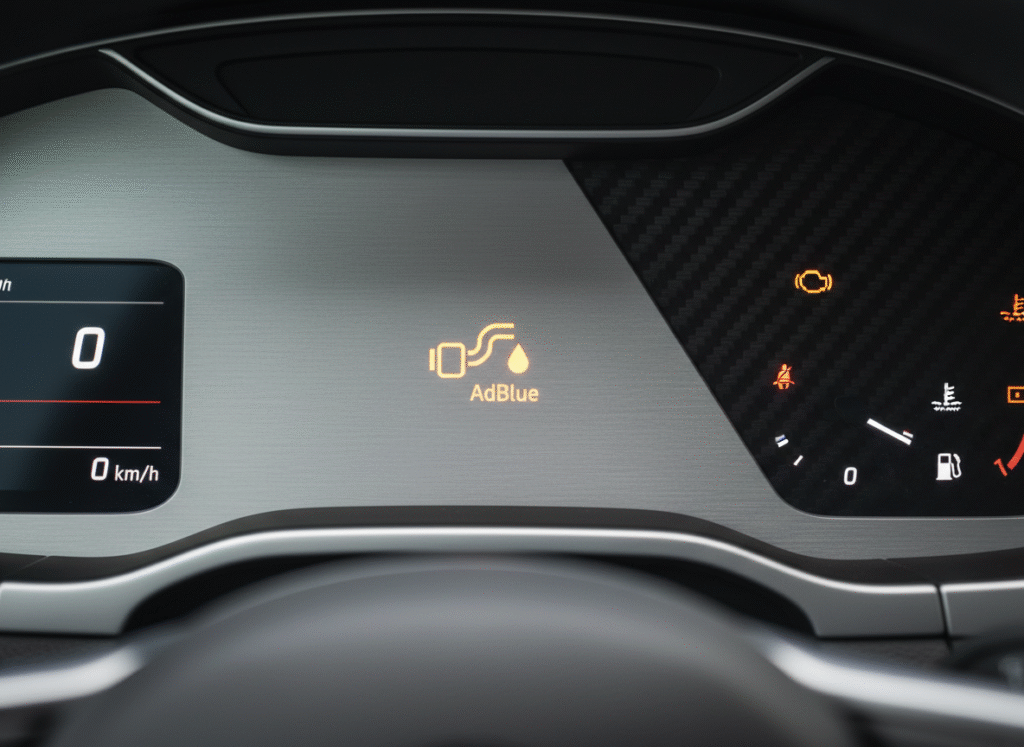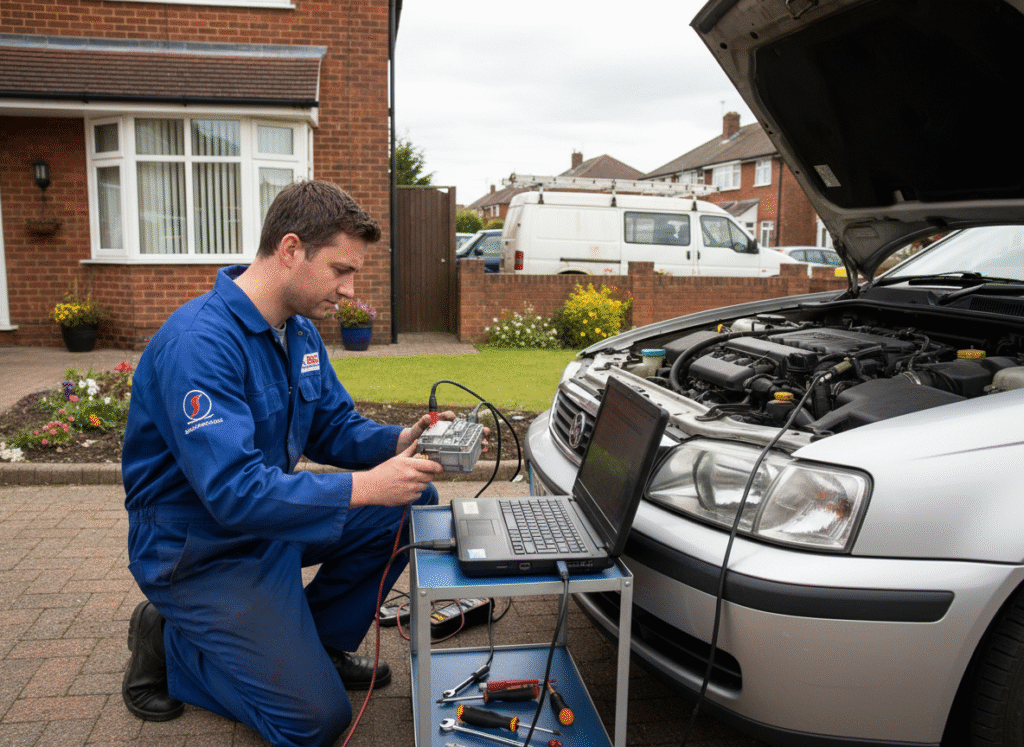Introduction:
In the pursuit of optimizing automotive performance, enthusiasts often turn to Electronic Control Unit (ECU) remapping as a means of unlocking hidden potential. However, like any modification, ECU remapping comes with its own set of advantages and disadvantages. In this article, we’ll delve into the pros and cons of ECU remapping, shedding light on both the benefits and potential drawbacks of this popular engine tuning technique.
Understanding ECU Remapping: A Brief Overview
Before delving into the pros and cons, let’s first establish a basic understanding of what ECU remapping entails. Essentially, ECU remapping involves modifying the software that controls your car’s engine functions. By adjusting parameters such as fuel injection timing, ignition timing, and turbo boost pressure, remapping aims to optimize performance beyond factory settings.

Advantages of ECU Remapping
- Increased Performance: One of the primary benefits of ECU remapping is the potential for increased performance. By fine-tuning engine parameters, remapping can unlock additional horsepower and torque, resulting in improved acceleration and overall driving dynamics.
- Enhanced Throttle Response: Factory ECU settings are often conservative to accommodate a wide range of driving conditions. ECU remapping can sharpen throttle response, reducing lag and delivering more immediate power when you step on the accelerator.
- Improved Fuel Efficiency: Contrary to common belief, ECU remapping can also lead to improved fuel efficiency when done correctly. By optimizing fuel delivery and combustion parameters, remapping ensures that your engine operates more efficiently, potentially leading to better fuel economy under normal driving conditions.
- Customization: ECU remapping offers the flexibility to tailor your car’s performance to match your preferences. Whether you prioritize raw power, smooth acceleration, or fuel economy, a skilled tuner can adjust the ECU settings to suit your needs.
Disadvantages of ECU Remapping
- Warranty Concerns: One of the primary concerns associated with ECU remapping is the potential impact on your vehicle’s warranty. Modifying the ECU software may void certain aspects of your warranty, leaving you responsible for any repairs or issues that arise.
- Risk of Damage: While reputable tuners strive to ensure safe and reliable operation, there’s always a risk of damage when modifying engine parameters. Incorrectly calibrated settings or aggressive tuning can put additional stress on engine components, potentially leading to premature wear or failure.
- Emissions Compliance: In some regions, ECU remapping may affect your vehicle’s compliance with emissions regulations. Modifying engine parameters could result in increased emissions, potentially leading to legal or regulatory issues, particularly in areas with strict emissions standards.
- Compatibility Issues: Not all vehicles are suitable candidates for ECU remapping. Certain engine configurations or electronic systems may not be compatible with remapping, limiting the potential benefits or posing technical challenges during the tuning process.
Conclusion: Weighing the Pros and Cons
In conclusion, ECU remapping offers a range of potential benefits, from increased performance to enhanced fuel efficiency and customization options. However, it’s essential to weigh these advantages against the potential drawbacks, including warranty concerns, risk of damage, emissions compliance issues, and compatibility challenges. Before proceeding with ECU remapping, it’s crucial to research reputable tuners, understand the implications for your vehicle’s warranty, and consider any legal or regulatory requirements in your region. With careful consideration and informed decision-making, ECU remapping can be a valuable tool for optimizing automotive performance and enhancing the driving experience.

















